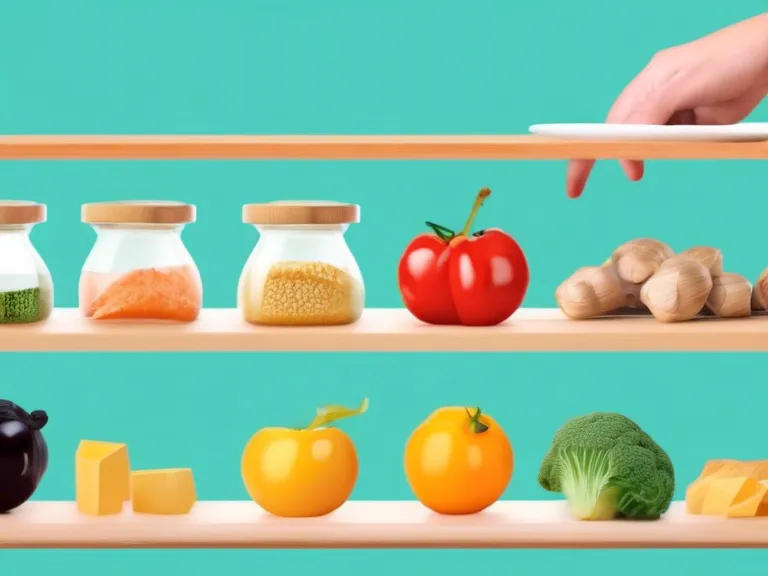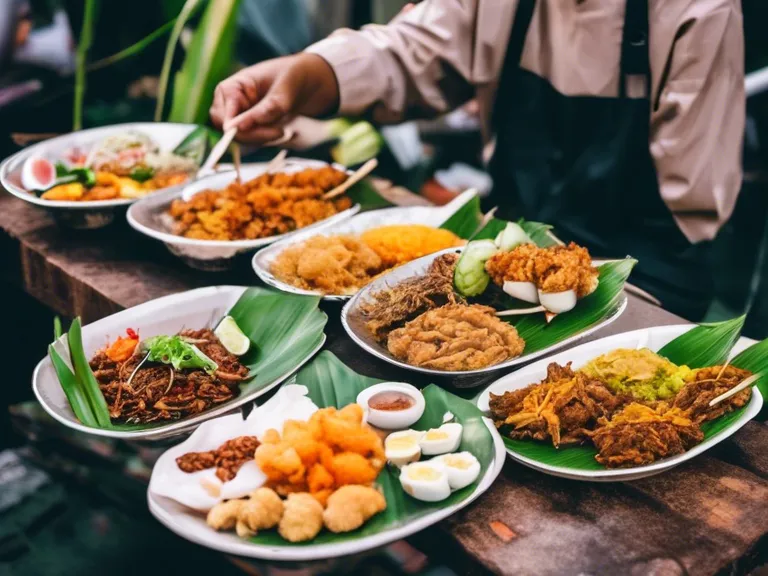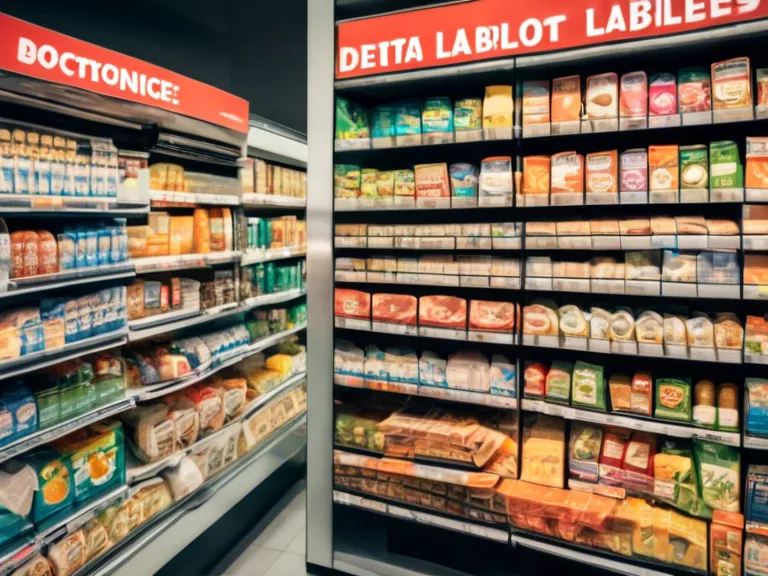
Blockchain technology is revolutionizing the way we view food safety by providing transparency and traceability from the source to the plate. By utilizing blockchain, we can ensure the purity and quality of our food, ultimately protecting consumers from potential risks. This article explores the impact of blockchain on food safety and how it is changing the game for farmers, manufacturers, and retailers.
With blockchain, each step of the food supply chain can be securely recorded and tracked in a decentralized ledger. This allows for real-time monitoring of food products as they move through the production process, making it easier to identify any potential issues or contamination. By providing a transparent and immutable record of transactions, blockchain helps build trust among consumers and stakeholders.
One of the key benefits of blockchain in food safety is its ability to quickly trace contaminated products back to their source. In the event of a foodborne illness outbreak, traditional methods of tracing products can take days or even weeks. With blockchain, this process can be streamlined to minutes, potentially saving lives and reducing the impact of an outbreak.
In addition to safety, blockchain also enhances the authenticity and quality of food products. By verifying the origins of ingredients and ensuring compliance with regulations, consumers can have confidence in the products they are purchasing. This level of transparency not only benefits consumers but also helps to establish brand trust and loyalty.
As blockchain continues to gain traction in the food industry, we can expect to see even greater improvements in food safety and quality. With the ability to track products from farm to fork, blockchain is revolutionizing the way we think about food production and consumption. By leveraging this technology, we can create a safer and more secure food supply chain for all.



